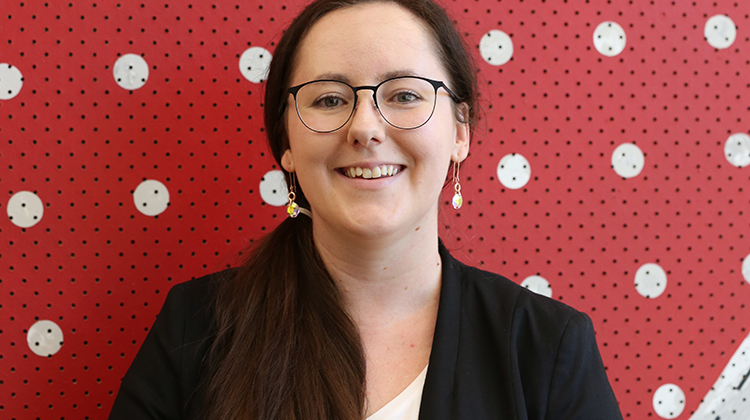Transforming Early Education

The recent announcement of reform and transformation to early education in Victoria and New South Wales is incredibly exciting and promising. It has been described as a ‘game changer’ and I have to whole-heartedly agree, as this initiative presents many wonderful opportunities for children, families, and communities. Hopefully, we will see continued investment in early education across the country.
We know that early education is foundational to children’s development and that investment in quality education sets all children up to thrive. This is true in an immediate sense as children benefit while engaged in early education, and in a longer-term sense as they transition into formal schooling. We also know that the first five years of a child’s life can have a lifelong impact. To see broadened access to early education is terrific and presents an opportunity to address inequities in education, and to make a difference which will have significant benefits into the future.
The emphasis on play-based learning is particularly exciting and holds immense promise. Play is integral to children’s lives and is a core part of quality early education. Opportunities to engage in play and playful ways of learning offer immense benefits to children’s wellbeing, resilience, social skills, imaginative and creative thinking, problem-solving, and more.
To make sure that we forge forward, continued advocacy for play-based learning in the early years and beyond is critical. This includes advocating for play in home, community, and formal schooling contexts. Educators in the early years are very well positioned to support families to understand the role and relevance of play in the lives of children. Listening to children and their perspectives is also pivotal – we know that children place great emphasis on the value and meaning of play in their lives, and we should continue seeking their views and honouring their voices.
For families, this initiative is a great opportunity and support. Transformation of this nature can contribute to reduced cost of living and facilitating increased workforce participation for parents and carers. The potential for increased support to mothers, in particular, is wonderful and will contribute to necessary and ongoing action relating to gender equity in the workforce and beyond. There are broader and longer-term economic benefits associated with substantive investment in early education, which is another cause for celebration where this initiative is concerned.
To progress transformation of this nature, it is key that we support everyone involved in early years education. I am especially mindful of how we move forward with attracting, training, retaining, and caring for staff. Educator shortages are a critical concern. As we discuss and explore solutions in that space, I am mindful of recognising the perspectives and experiences of educators regarding their work and status. In my past research with educators where we were in dialogue around these issues, they often discussed feeling undervalued and that their work was either commonly dismissed, diminished, or misunderstood.
To this point, I feel it is important to assert that the work undertaken by educators in the early years is essential and also extremely complex. It requires a knowledgeable and skilled approach to working with children and families, which involves a diverse array of responsibilities on the part of educators. As much as this work can be rewarding and inspiring, it also can be challenging and demanding. Recognising the inherent value in this work is key. Further to that, improved conditions are essential.
Caring for and supporting the wellbeing of educators is also imperative and must be something that we invest in collectively and comprehensively. By focusing on and investing in caring for our educators, we can support them to stay in the profession and continue making valuable contributions to children’s lives and learning. This is something which merits continued attention and concerted action.
It is so exciting to see investment in transformation to early education, which will hopefully continue nationwide. Ensuring sustainable change and continued improvement is something we should all remain mindful of – especially in terms of meaningful support to educators and leaders in the space so that they can thrive in their essential work with and for children and families.